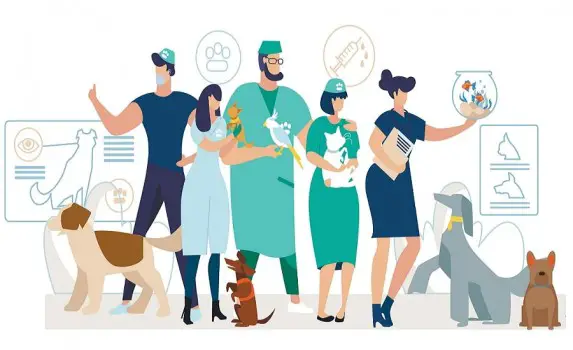
Veterinarians
diagnose, treat, or research diseases and injuries of animals. Includes veterinarians who conduct research and development, inspect livestock, or care for pets and companion animals.
$108350
Doctoral degree
Strong job growth
High job satisfaction
Biologists
research or study basic principles of plant and animal life, such as origin, relationship, development, anatomy, and functions.
$104810
Master's degree
Animal Nutritionists
The primary responsibility of Animal Nutritionists is to help plan a nutritionally balanced diet for animals. They might work for clients who have animals, or they can work for feed companies and veterinarians. They can also work in research centers.
$77400
Bachelor's degree
Animal Scientists
conduct research in the genetics, nutrition, reproduction, growth, and development of domestic farm animals.
$74540
Doctoral degree
Strong job growth
Entomologists
Entomologists study how insects interact with their environment. They use their research to help manage pests in agriculture and residential, commercial, or industrial settings.
$72400
Bachelor's degree
Zoologists and Wildlife Biologists
study the origins, behavior, diseases, genetics, and life processes of animals and wildlife. May specialize in wildlife research and management. May collect and analyze biological data to determine the environmental effects of present and potential use of land and water habitats.
$70510
Bachelor's degree
High job satisfaction
Marine Biologists
Marine Biologists study marine life in their natural habitats. A typical day may involve diving among reefs to collect samples and analyzing the samples in a lab.
$70500
Farriers
The farrier usually travels to farms and trims and puts shoes on horses. They usually have clients that they see regularly.
$55800
No degree required
Animal Husbandry Supervisors
directly supervise and coordinate activities of animal husbandry or animal care workers.
$54420
Post-secondary certificate
Zoo Curators
Zoo Curators are responsible for the care of animals at the zoo. They monitor the health of animals based on reports submitted by zoo employees.
$53800
Bachelor's degree
Beekeepers
Beekeepers or Apiarists are responsible for maintaining beehives to produce more bees. They use a variety of tools to inspect and maintain the hive and the health of the bees.
$45000
Certificate
Dog Trainers
Dog Trainers use a variety of techniques to help owners teach their dogs new or improved behaviors. They may also work individually with dogs to train them for specialized activities such as herding sheep or assisting blind people.
$45000
Certificate
Animal Breeders
select and breed animals according to their genealogy, characteristics, and offspring. May require knowledge of artificial insemination techniques and equipment use. May involve keeping records on heats, birth intervals, or pedigree.
$43930
No degree required
Animal Control Workers
handle animals for the purpose of investigations of mistreatment, or control of abandoned, dangerous, or unattended animals.
$40680
No degree required
High job satisfaction
Zookeepers
Zookeepers care for the animals kept at zoos. Their daily duties involve feeding animals, cleaning enclosures, administering medications, and reporting health issues to veterinarians.
$38600
Bachelor's degree
Horse Trainers
The main responsibility of a horse trainer is to train horses to improve their performance for specific activities or events such as riding or showing. They assess the abilities of horses and correct negative behaviors.
$38000
Associate's degree
Animal Trainers
train animals for riding, harness, security, performance, or obedience, or for assisting persons with disabilities. Accustom animals to human voice and contact, and condition animals to respond to commands. Train animals according to prescribed standards for show or competition. May train animals to carry pack loads or work as part of pack team.
$37950
No degree required
Strong job growth
Pet Groomers
Pet Groomers groom pets for clients, which may involve washing, shampooing, and cutting the pet’s hair. Some Pet Groomers exclusively groom dogs while others work with multiple species.
$33800
No degree required
Farmworkers
attend to live farm, ranch, open range or aquacultural animals that may include cattle, sheep, swine, goats, horses and other equines, poultry, rabbits, finfish, shellfish, and bees. Attend to animals produced for animal products, such as meat, fur, skins, feathers, eggs, milk, and honey. Duties may include feeding, watering, herding, grazing, milking, castrating, branding, de-beaking, weighing, catching, and loading animals. May maintain records on animals; examine animals to detect diseases and injuries; assist in birth deliveries; and administer medications, vaccinations, or insecticides as appropriate. May clean and maintain animal housing areas. Includes workers who shear wool from sheep and collect eggs in hatcheries.
$31060
Associate's degree
Pet Sitters
Pet Sitters typically provide care for pets while owners are away. They often stay in the owner’s home, which allows the pet to remain in familiar territory.
$31000
No degree required
Vet Assistants
feed, water, and examine pets and other nonfarm animals for signs of illness, disease, or injury in laboratories and animal hospitals and clinics. Clean and disinfect cages and work areas, and sterilize laboratory and surgical equipment. May provide routine postoperative care, administer medication orally or topically, or prepare samples for laboratory examination under the supervision of veterinary or laboratory animal technologists or technicians, veterinarians, or scientists.
$30980
No degree required
Strong job growth
High job satisfaction
Dog Groomers
Dog Groomers wash and cut dog hair, trim nails, and occasionally brush dogs’ teeth. They often give dogs specific hairstyles based on the instructions of the dog owner.
$30000
No degree required
Animal Caretakers
feed, water, groom, bathe, exercise, or otherwise provide care to promote and maintain the well-being of pets and other animals that are not raised for consumption, such as dogs, cats, race horses, ornamental fish or birds, zoo animals, and mice. Work in settings such as kennels, animal shelters, zoos, circuses, and aquariums. May keep records of feedings, treatments, and animals received or discharged. May clean, disinfect, and repair cages, pens, or fish tanks.
$28380
No degree required
Strong job growth
Dog Walkers
The primary responsibility of a dog walker is to walk dogs. They will have different clients who have varying needs. Some clients may work full time and need a dog walker five days a week, and others might need a dog walker temporarily while they are out of town. Dog walkers need to have excellent time-management skills to schedule their clients throughout the day and arrive on time.
$27500
No degree required

.jpg)
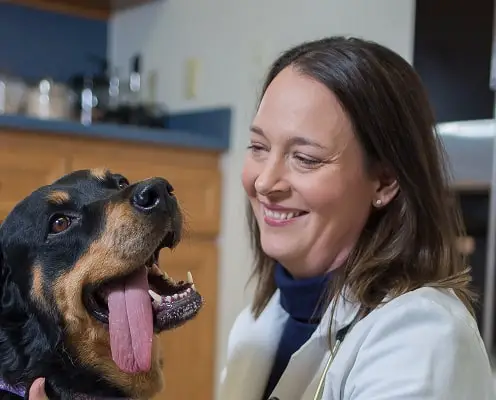

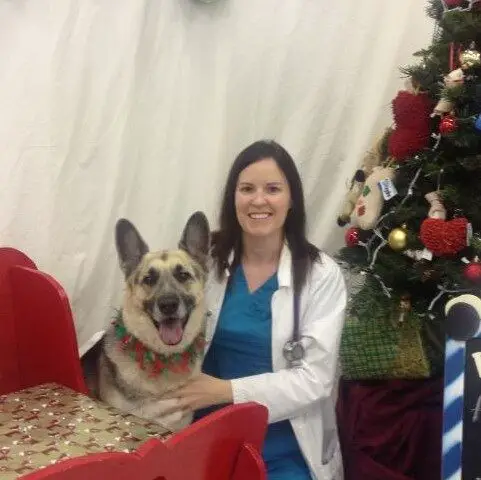
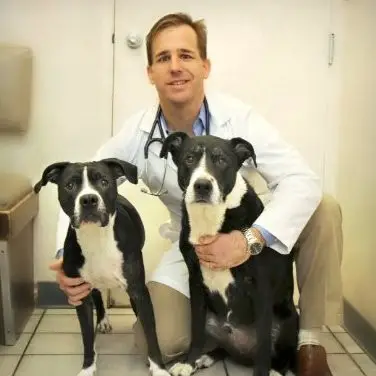
.jpg)
.jpg)
.jpg)
.jpg)
.jpg)

.jpg)
.jpg)
.jpg)
.jpg)
.jpg)

.jpg)
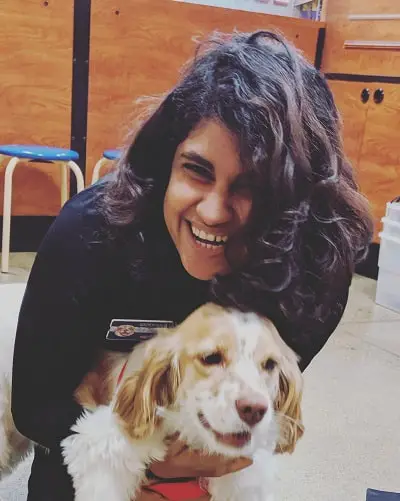

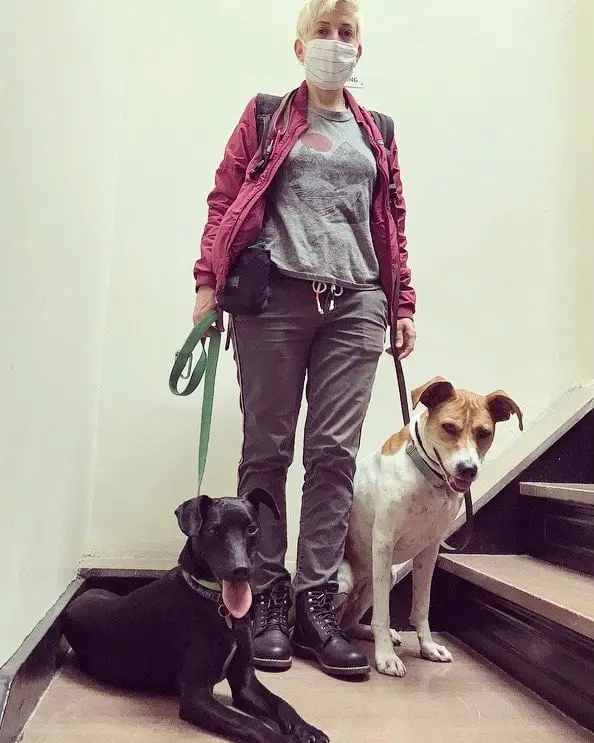

.jpg)

.jpg)
.jpg)
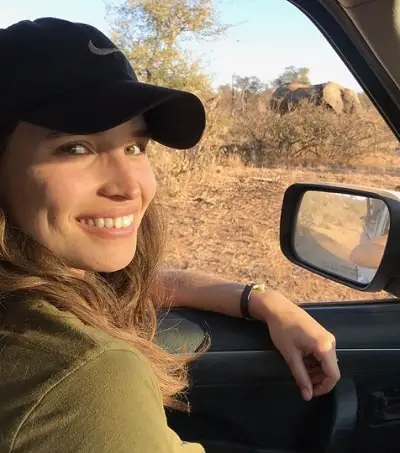
.jpg)
.jpg)

.jpg)
.jpg)
.jpg)



.jpg)
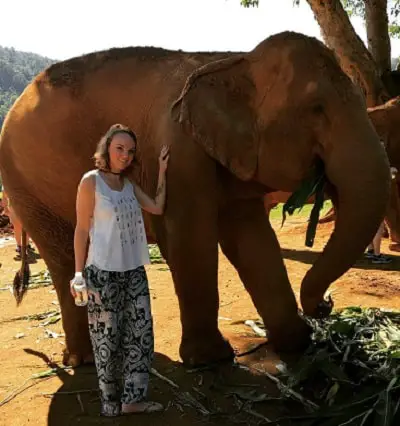
.jpg)
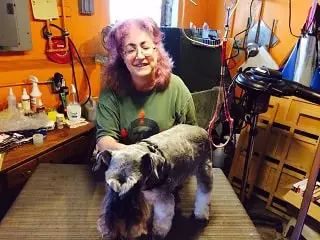
.jpg)
.jpg)











